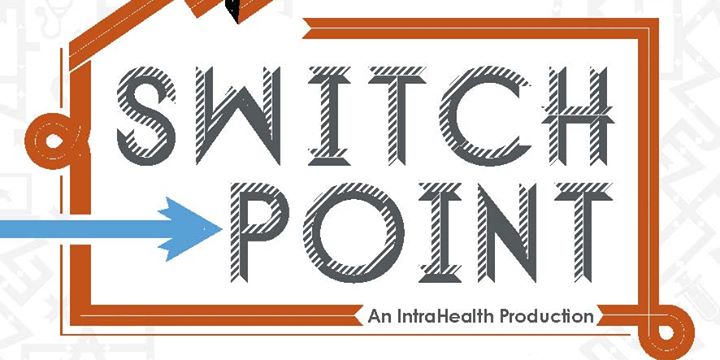Government Grants
Business Grants
Home Owner Programs
Federal Programs
About Us
Englis Access Microscholarship for Students with Disabilities
The U. S. Embassy welcomes a proposal for a pilot Access program for students with disabilities (specifically mobility impairments).
The proposal should include a detailed plan identifying how students with disabilities will be included and supported in the classes, both in terms of considerations for learning and for accessibility.
The English Access Microscholarship Program (Access) provides a foundation of English language skills to bright, economically disadvantaged students, primarily between the ages of 13 to 1 8. Access programs give participants English skills that may lead to better jobs and educational prospects.
As part of their course work, Access students gain an appreciation for American culture and democratic values, increase their ability to participate in their countries’ socioeconomic development and better prepare themselves to compete for future U. S. exchange and study programs.
Students are encouraged to develop respect for and interest in other cultures, customs, and beliefs.
Implementers are encouraged to thoughtfully design activities include the following topics:
global citizenship, STEM subjects, critical thinking, environmental awareness, human rights, U. S. democracy and government, U. S. civil society, diversity and tolerance, U. S. History, U. S. education system, U. S. family and relationship values, and U. S. and global health.
The implementer should state their plans to address the special needs of participants.
The program also provides U.S.-based professional development and English-language workshops for selected teachers and students.
Since the U. S. Department of State launched the program in 2004, approximately 200,000 students in more than 90 countries have participated in the Access Program.
The proposal should include a detailed plan identifying how students with disabilities will be included and supported in the classes, both in terms of considerations for learning and for accessibility.
The English Access Microscholarship Program (Access) provides a foundation of English language skills to bright, economically disadvantaged students, primarily between the ages of 13 to 1 8. Access programs give participants English skills that may lead to better jobs and educational prospects.
As part of their course work, Access students gain an appreciation for American culture and democratic values, increase their ability to participate in their countries’ socioeconomic development and better prepare themselves to compete for future U. S. exchange and study programs.
Students are encouraged to develop respect for and interest in other cultures, customs, and beliefs.
Implementers are encouraged to thoughtfully design activities include the following topics:
global citizenship, STEM subjects, critical thinking, environmental awareness, human rights, U. S. democracy and government, U. S. civil society, diversity and tolerance, U. S. History, U. S. education system, U. S. family and relationship values, and U. S. and global health.
The implementer should state their plans to address the special needs of participants.
The program also provides U.S.-based professional development and English-language workshops for selected teachers and students.
Since the U. S. Department of State launched the program in 2004, approximately 200,000 students in more than 90 countries have participated in the Access Program.
Relevant Nonprofit Program Categories
Obtain Full Opportunity Text:
https://grants.nih.gov/grants/guide/pa-files/PAR-24-269.html
Additional Information of Eligibility:
• US and foreign Not-for-profit organizations, including think tanks and civil society/non-governmental organizations.
• Have demonstrated experience developing and administering similar programs.
• Have the capacity to operate in Iraq and have active partnerships with organization(s) operating in Iraq needed to support the program.
Full Opportunity Web Address:
http://grants.nih.gov/grants/guide/pa-files/PAR-24-269.html
Contact:
Agency Email Description:
Grantor contact email
Agency Email:
Date Posted:
2024-08-14
Application Due Date:
Archive Date:
2024-10-14
Social Entrepreneurship
Spotlight
When it Comes to Social Enterprises, Failure is the Best Platform for Innovation

In the world of social enterprises, failure is a cringe-worthy moment nobody wants to talk about. But, social entrepreneurs can benefit from their failures.

